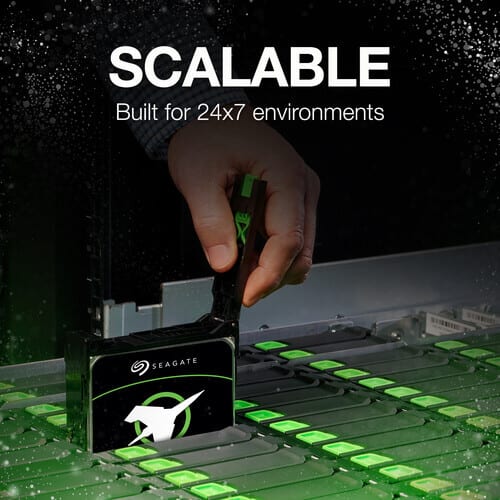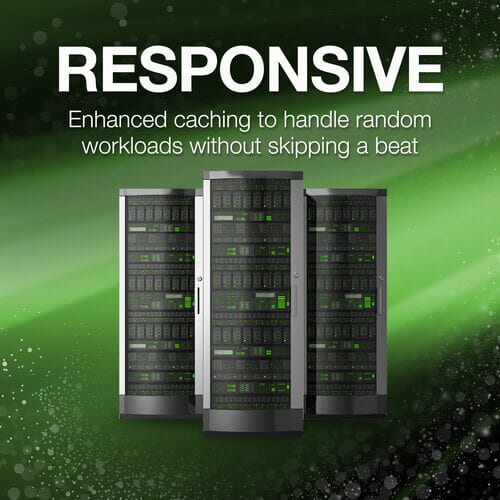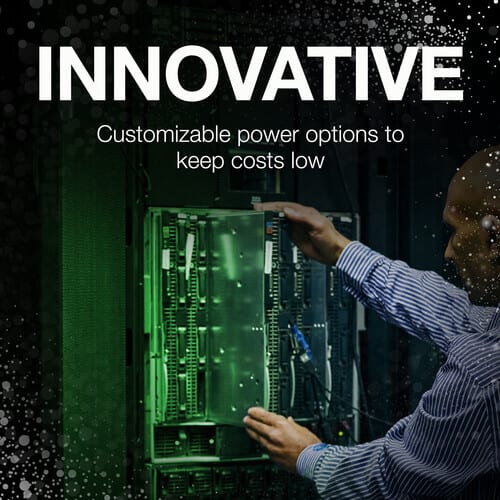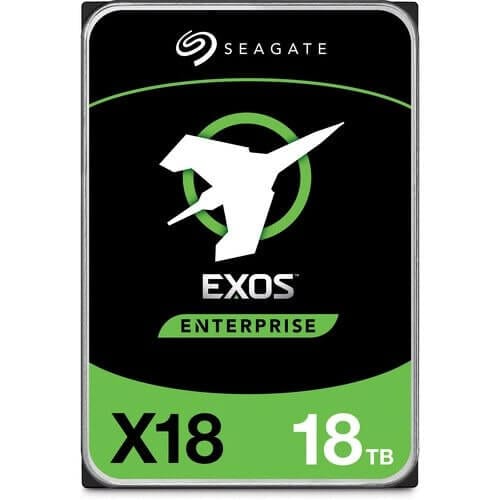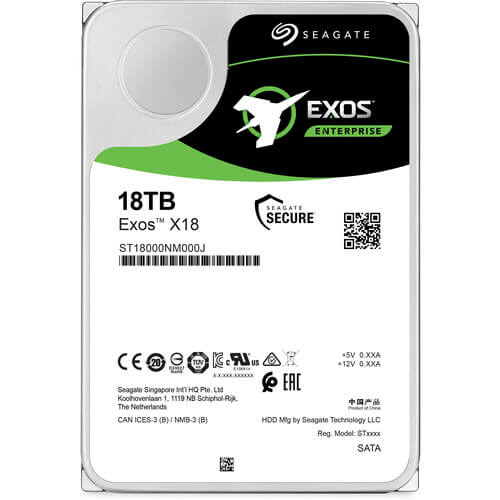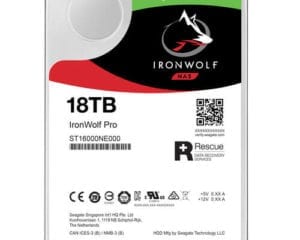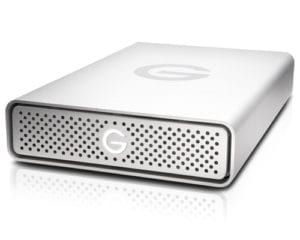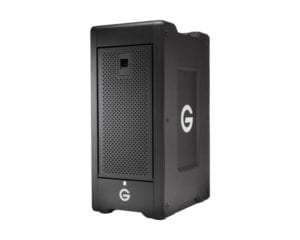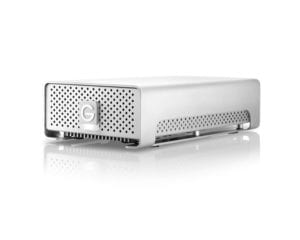Description
Seagate X16 Overview
DThe 18TB Exos X18 7200 rpm SATA III 3.5″ Internal HDD from Seagate is a high-performance, large-capacity drive designed for data storage. It’s suitable for engineering workstations, network servers, mainframes, supercomputers, and other demanding tasks that require 24/7 operation. This 7200-rpm drive utilizes the SATA III 6 Gb/s interface for data transfer rates of up to 270 MB/s. Moreover, as a professional-grade drive, it has an MTBF rating of 2.5 million hours as well as built-in digital sensors to ensure optimal performance, PowerBalance for lower power consumption, and a helium seal for lower power, weight, and increased durability and leak protection.
Maximum Storage Capacity for Highest Rack Space Efficiency
- An 18TB drive offers high capacity for more petabytes per rack
- Highly reliable performance with enhanced caching, making it the logical choice for cloud data center and massive scale-out data center applications
- Hyperscale SATA model tuned for large data transfers and low latency
- PowerBalance optimizes watts per terabyte
- Maximize total cost of ownership savings through lower power and weight with a helium sealed-drive design
- Helium side-sealing weld technology for added handling robustness and leak protection
- Digital environmental sensors to monitor internal drive conditions for optimal operation and performance
- Data protection and security – Seagate Secure features for safe, affordable, fast, and easy drive retirement
- Proven enterprise-class reliability backed by a limited 5-year warranty and 2.5 million hour MTBF rating
Best-Fit Applications
- Hyperscale applications/cloud data centers
- Massive scale-out data centers
- Big data applications
- High-capacity density RAID storage
- Mainstream enterprise external storage arrays
- Distributed file systems, including Hadoop and Ceph
- Enterprise backup and restore – D2D, virtual tape
- Centralized surveillance
